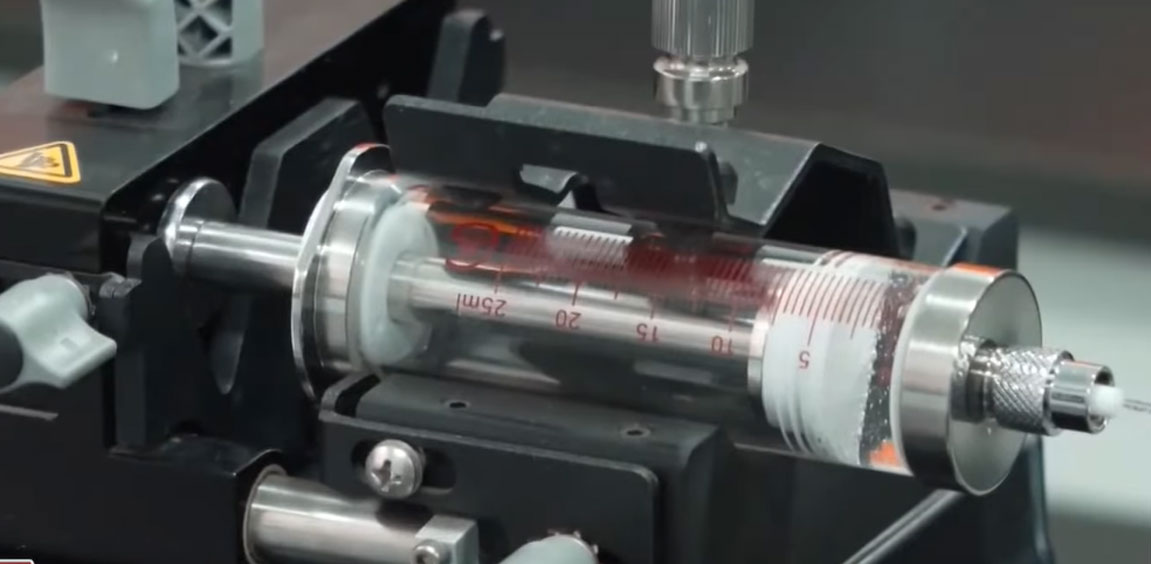China develops "anti-aging" technology for lithium batteries, a single injection can extend the battery lifespan by 1 time.
Fudan University in China has proposed a new technology that can significantly extend battery lifespan. According to an animated demonstration, the core of the technology is to use a drug-like "lithium carrier molecule" to supplement lithium ions in the battery through an injection method, thereby restoring the battery to a nearly initial state.
Gao Yue, the research leader from Fudan University, pointed out that commercial lithium iron phosphate batteries typically undergo capacity decay after about 2000 uses, leading to their eventual scrapping. But this new technology enables the battery to maintain near-original performance even after 12000 uses.
The team likens this technology to a "precision surgery," similar to cell repair technology in humans, which can extend the battery's lifespan from the original six to eight years to a much longer time, effectively reducing pollution from discarded batteries. This "anti-aging" battery technology has been published in the international science journal Nature.

Using a drug-like "lithium carrier molecule" to supplement lithium ions in the battery through an injection method, thereby restoring the battery to a nearly initial state.
In addition, in the field of high-temperature superconductivity, a team led by Academician Xue Qikun from the Chinese Academy of Sciences has discovered the high-temperature superconducting properties of nickel-based materials, which is the third type of material to exhibit high-temperature superconductivity at atmospheric pressure, following copper-based and iron-based materials. Research shows that this property can be achieved below minus 233 degrees Celsius, including zero resistance and diamagnetism. Academician Xue Qikun stated that the team will continue to employ unique experimental techniques to explore more material systems.
Superconducting technology can achieve long-distance current transmission at low temperatures with extremely low energy consumption and has broad application prospects in multiple fields such as advanced semiconductor manufacturing and magnetic resonance imaging. With China's continuous breakthroughs in the field of technology, there is growing attention to its ambitions in scientific development.
